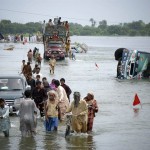Daily Report Archives
Established in December 1993, the Nautilus Institute’s *N*ortheast *A*sia *P*eace and *S*ecurity *N*etwork (NAPSNet) Daily Report served thousands of readers in more than forty countries, including policy makers, diplomats, aid organizations, scholars, donors, activists, students, and journalists.
The NAPSNet Daily Report aimed to serve a community of practitioners engaged in solving the complex security and sustainability issues in the region, especially those posed by the DPRK’s nuclear weapons program and the threat of nuclear war in the region. It was distributed by email rom 1993-1997, and went on-line in December 1997, which is when the archive on this site begins. The format at that time can be seen here.
However, for multiple reasons—the rise of instantaneous news services, the evolution of the North Korea and nuclear issues, the increasing demand for specialized and synthetic analysis of these and related issues, and the decline in donor support for NAPSNet—the Institute stopped producing the Daily Report news summary service as of December 17, 2010.

Richard Tanter explains why the new Japanese government led by Prime Minster Abe Shinzo renders Japan incapable of serving as the northern anchor of the US pivot strategy—not for military reasons, but due to the inability of Japanese restorationist nationalists to come to terms with the pain inflicted by sexual slavery conducted by its military forces during its colonial and imperial occupation of Asia during World War II.
Richard Tanter is Senior Research Associate at the Nautilus Institute, and professor in the School of Social and Political Studies at the University of Melbourne.
Email: rtanter@nautilus.org
Go to the article

Comfort women and the costs of denial
by Richard Tanter – Austral Peace and Security Contributor
I want to explain why Japan as the northern hinge of the United States’ pivot strategy …
Go to the article
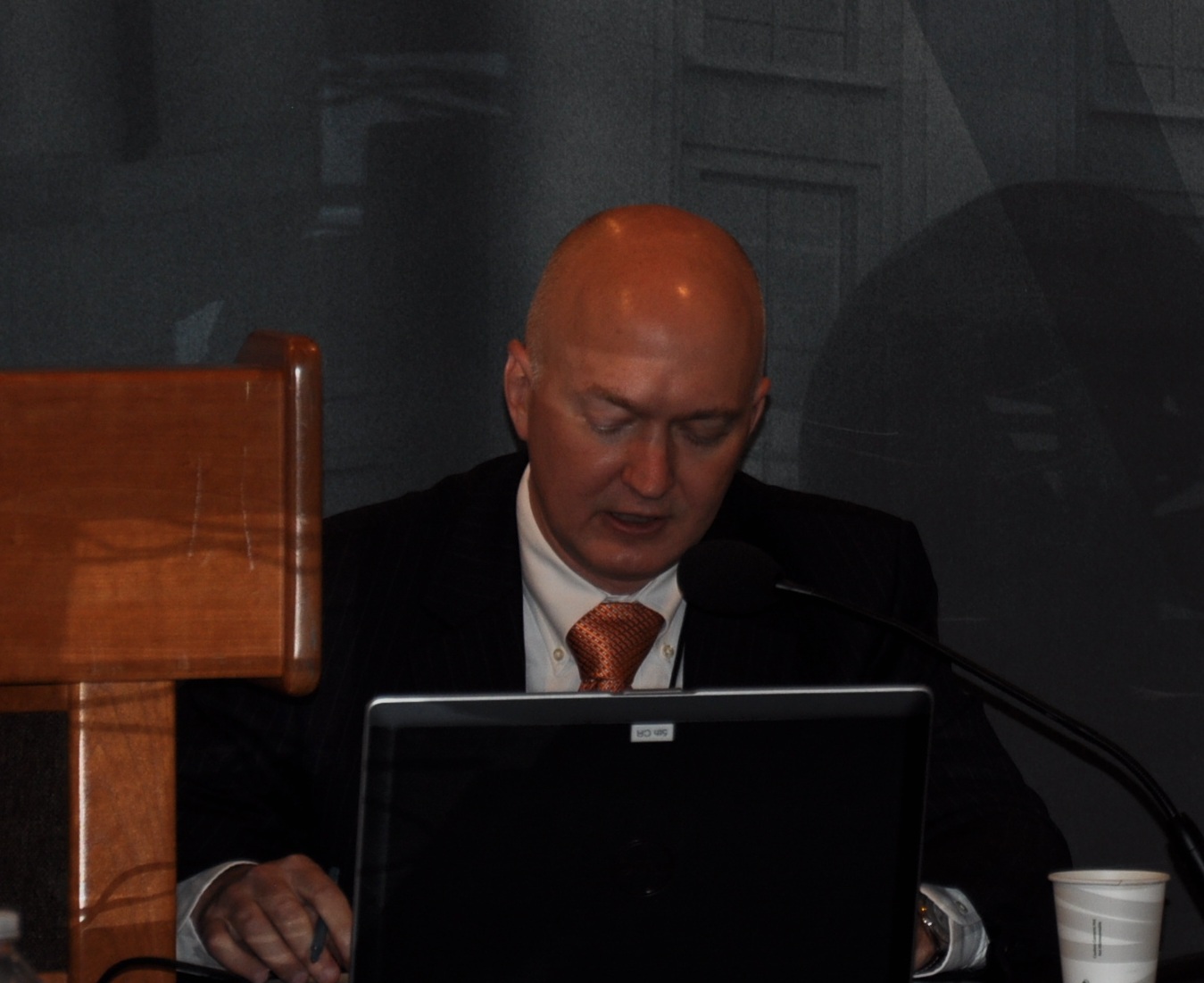
In this report Eric Heginbotham addresses the potential impact of a Northeast Asian Nuclea Weapons Free Zone on U.S. and allied deterrence capabilities in potential Korean Peninsula and Taiwan Strait scenarios. The report focuses primarily on technical military questions related to the balance and nature of military capabilities in those areas.
Eric Heginbotham is a senior political scientist at the RAND Corporation specializing in East Asian security issues. He has recently led RAND projects assessing U.S. engagement opportunities and challenges in Southeast Asia and on U.S. and Chinese relative military capabilities.
This report was originally presented at the New Approach to Security in Northeast Asia: Breaking the Gridlock workshop held on October 9th and 10th, 2012 in Washington, DC.
Go to the article
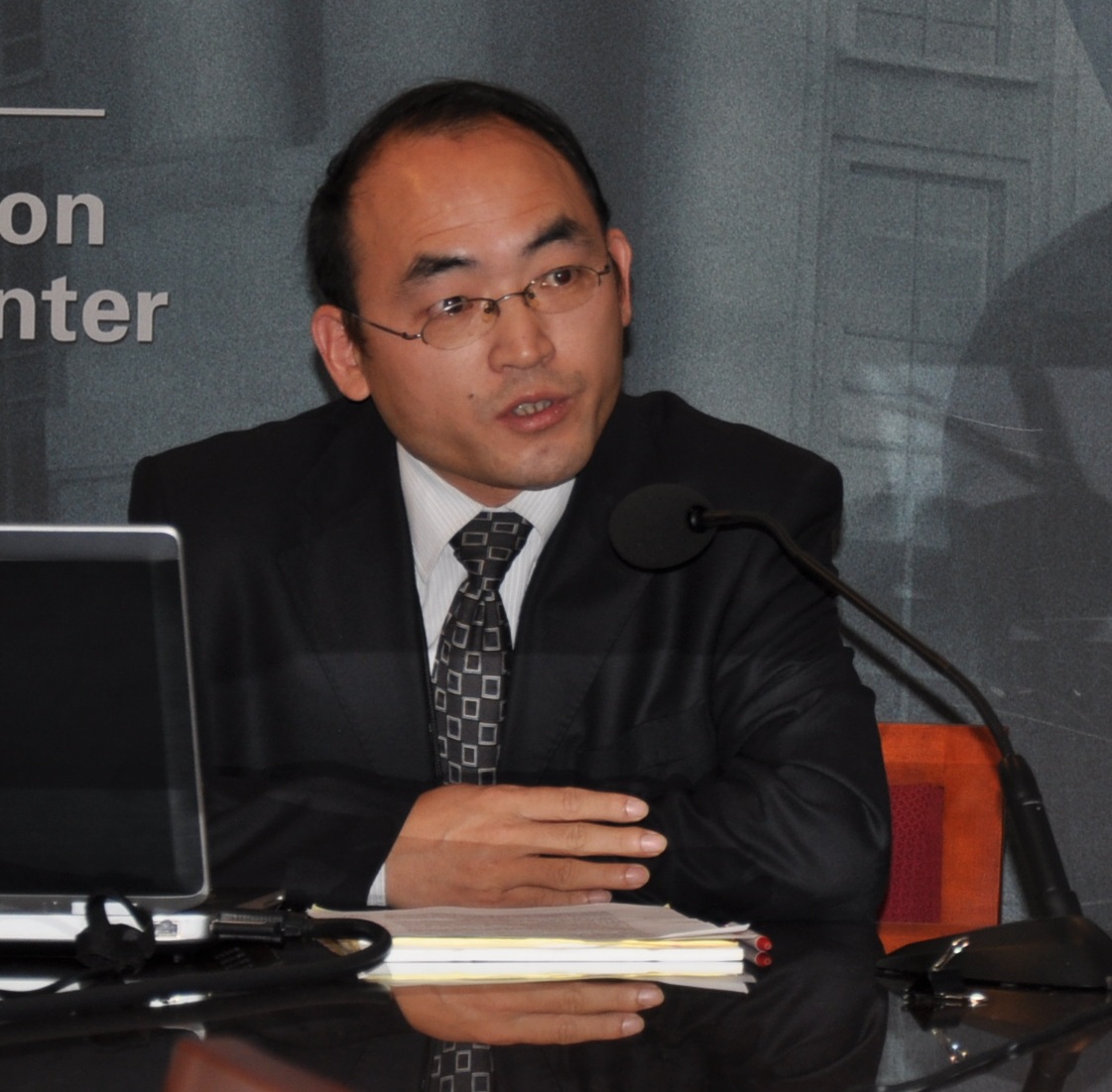
In this short report Fan Jishe updates China’s official position on Nuclear Weapon Free Zones (NWFZ) in general, and analyzes China’s interests in a Northeast Asia NWFZ (NEA-NWFZ) in particular.
Fan Jishe is an associate research fellow at the Institute for American Studies at the Chinese Academy of Social Science and a visiting scholar at the Center for International Security and Cooperation at Stanford University.
This report was originally presented at the New Approach to Security in Northeast Asia: Breaking the Gridlock workshop held on October 9th and 10th, 2012 in Washington, DC.
Go to the article
David von Hippel Energy security in general, nuclear energy in particular, and nuclear weapons proliferation are issues that are never far from the news in Northeast Asia (NEA), and recent months have been no exception. Negotiations continue on a new version of the existing US-ROK nuclear energy cooperation, which is set to expire in […]
Go to the article
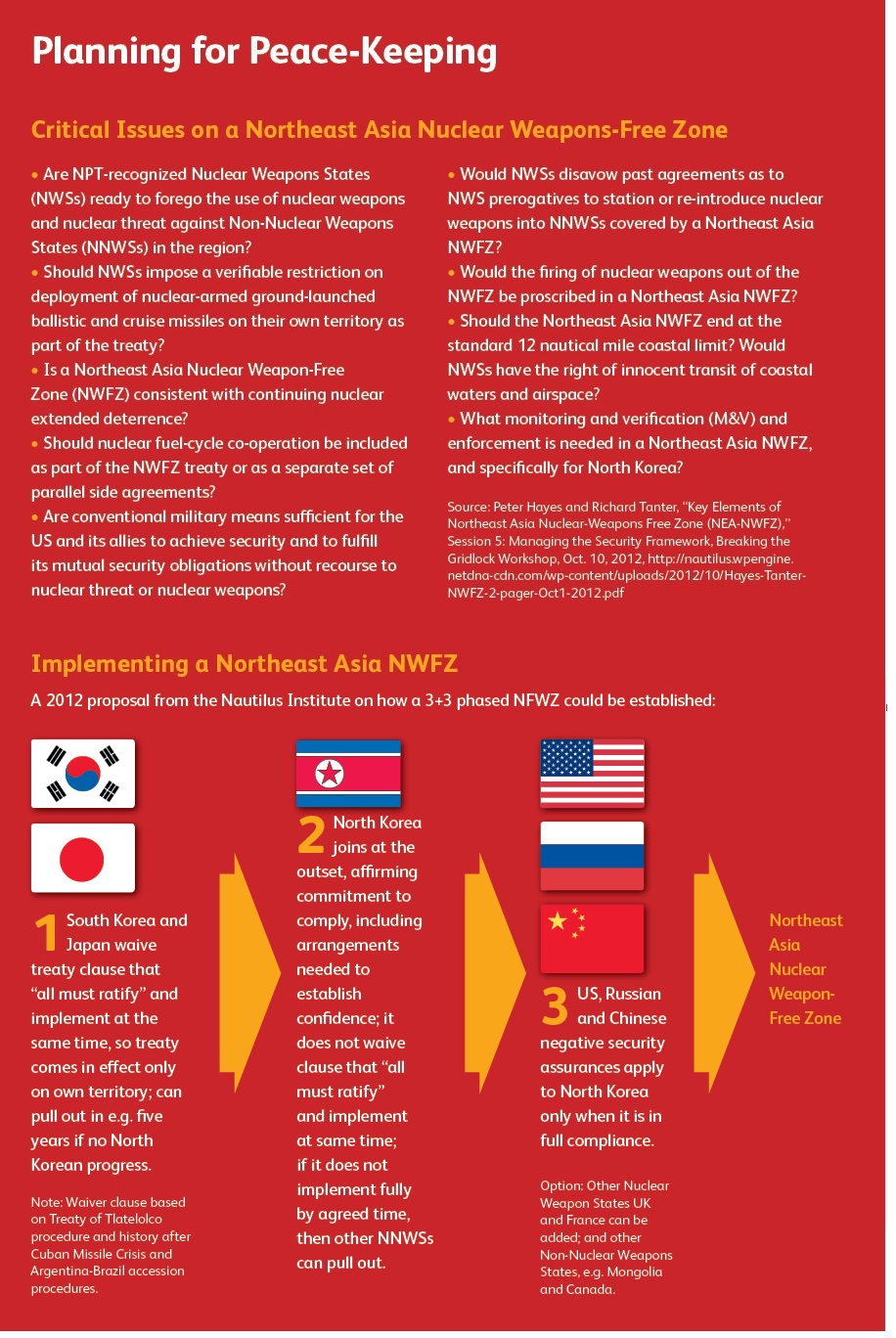
Efforts to get North Korea to give up its nuclear program and to resolve the outstanding security issues that plague the search for peace on the Korean Peninsula seem intractable. The Six-Party talks appear hopelessly stalled, and yet, among forward-thinking policymakers, the search is under way for how to reign in the North Korean nuclear threat.
Nautilus Institute Director Peter Hayes examines one proposal by noted American foreign policy expert Mortin Halperin that may contain just the right ingredients for a comprehensive solution, now that all parties to the Six-Party talks are beginning 2013 with new governments.
Peter Hayes is Director of the Nautilus Institute and a member of the Editorial Board of Global Asia. He is also Adjunct Professor of International Relations at RMIT University.
This article was originally published in Global Asia’s 2012 Winter Edition (Volume 7 Number 4).
Go to the article

Climate adaptation challenges for Pakistan
by Saleem Janjua – Climate Change Adaptation Contributor
Pakistan, similar to other developing countries, is undergoing an evolution from an…
Go to the article
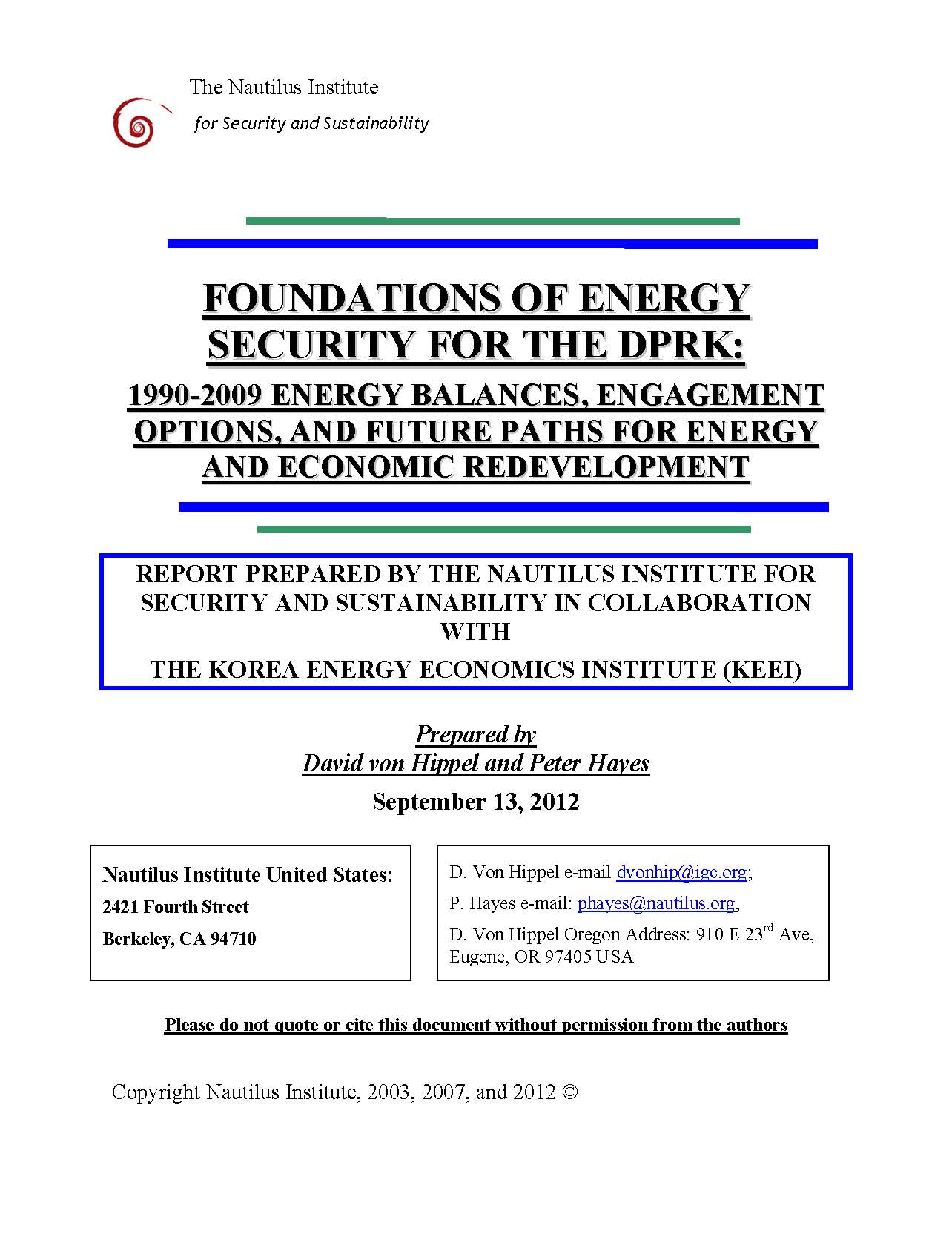
The purpose of this report is to provide policy-makers and other interested parties with an overview of the demand for and supply of the various forms of energy used in the DPRK in six years during the last two decades:
- 1990, the year before much of the DPRK’s economic and technical support from the Soviet Union was withdrawn;
- 1996, thought by some to be one of the most meager years of the difficult economic 1990s in the DPRK; and
- 2000, a year that has been perceived by some observers as a period of modest economic “recovery” in the DPRK, as well as a marker of the period before the start, in late 2002, of a period of renewed political conflict between the DPRK, the United States, and it neighbors in Northeast Asia over the DPRK’s nuclear weapons development program; and
- 2005, also a year in which observers have again noted an upward trend in some aspects of the DPRK economy, as well as the most recent year for which any published estimates on the DPRK’s energy sector and economy are available.
- 2008, the last year in which the DPRK received heavy fuel oil from its negotiating partners in the Six-Party talks; and
- 2009, the most recent year for which we have analyzed the DPRK’s energy sector.
David von Hippel is an Associate of the Nautilus Institute. Peter Hayes is the Executive Director of the Nautilus Institute.
Go to the article








